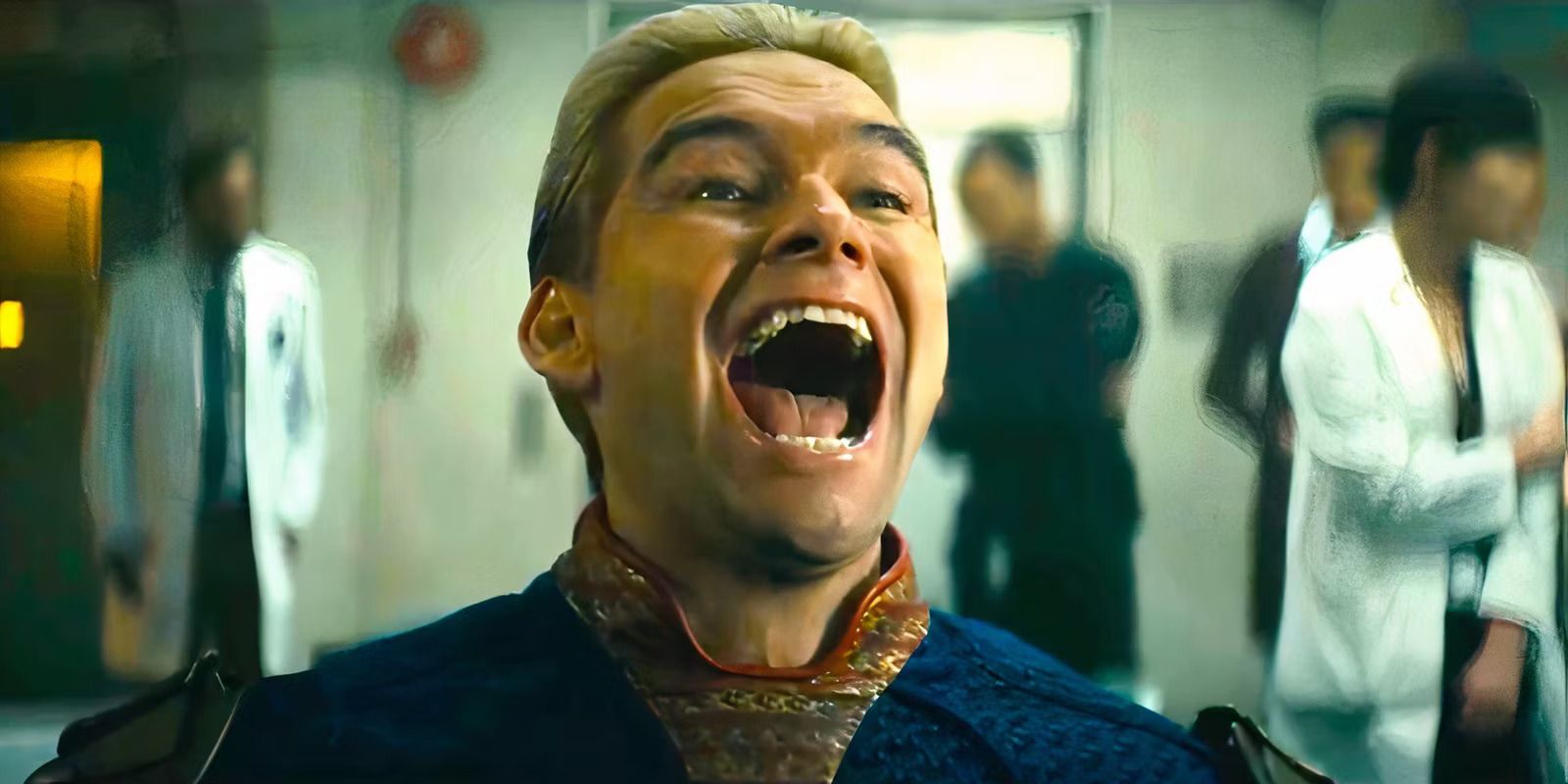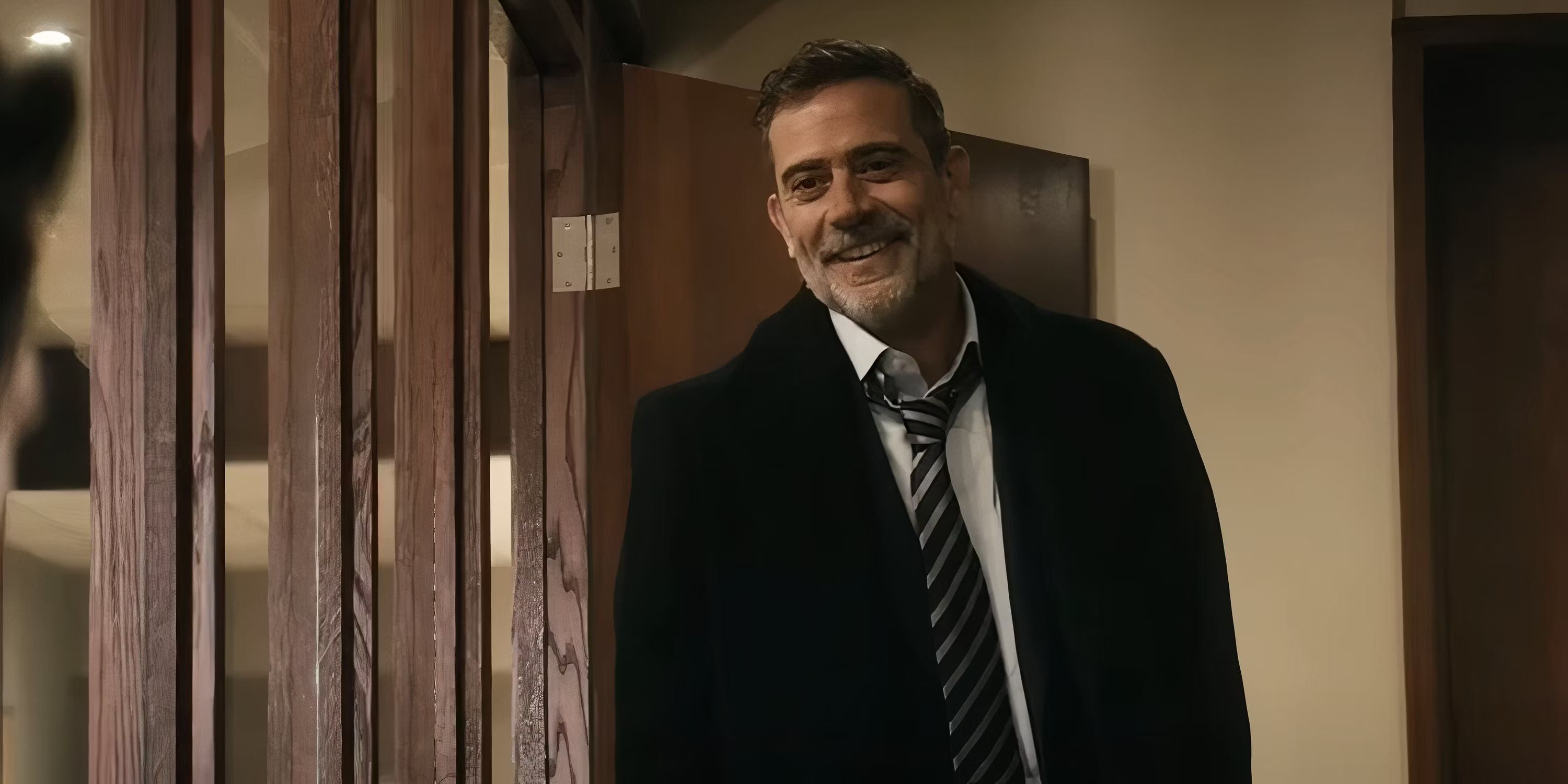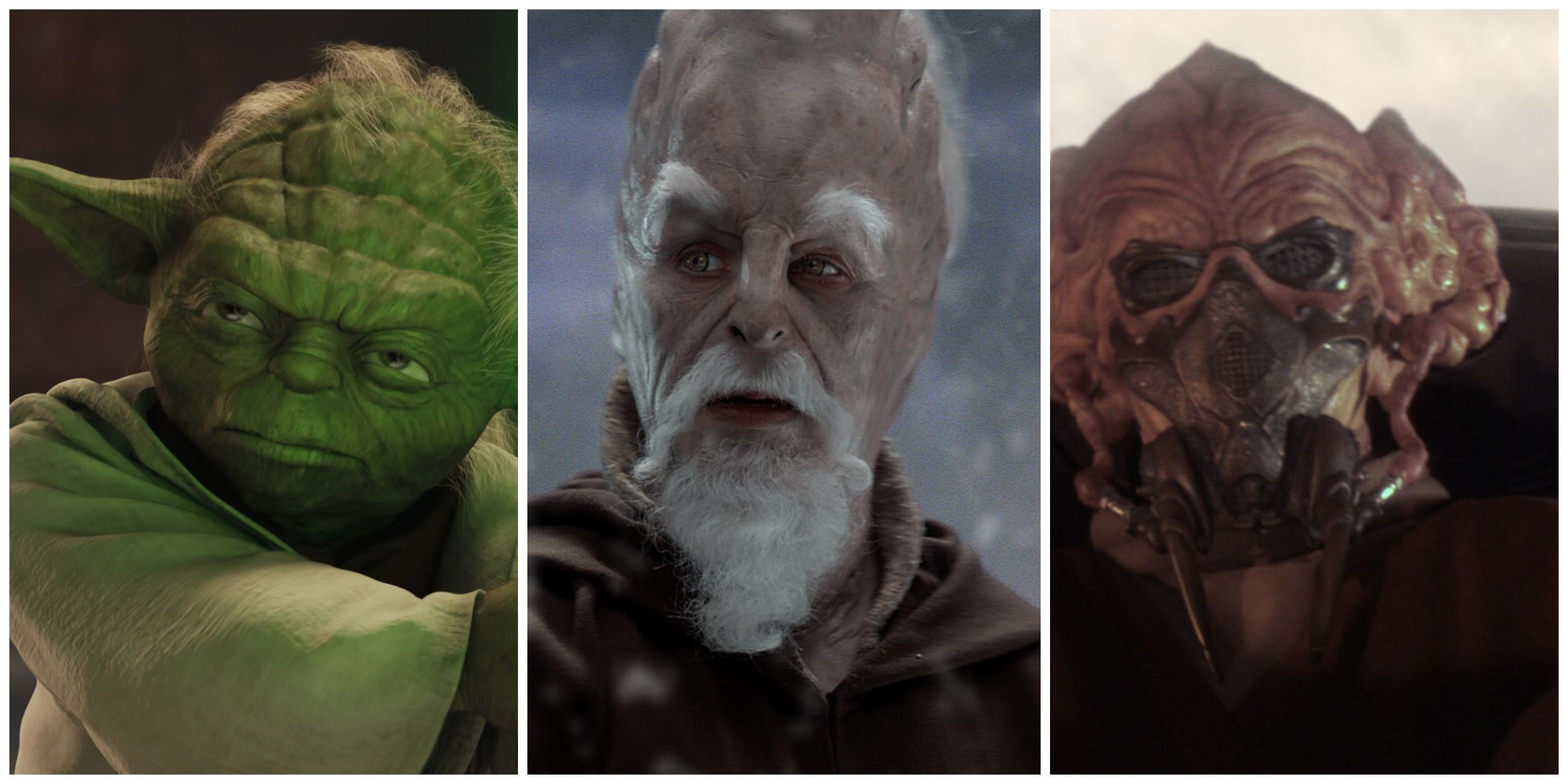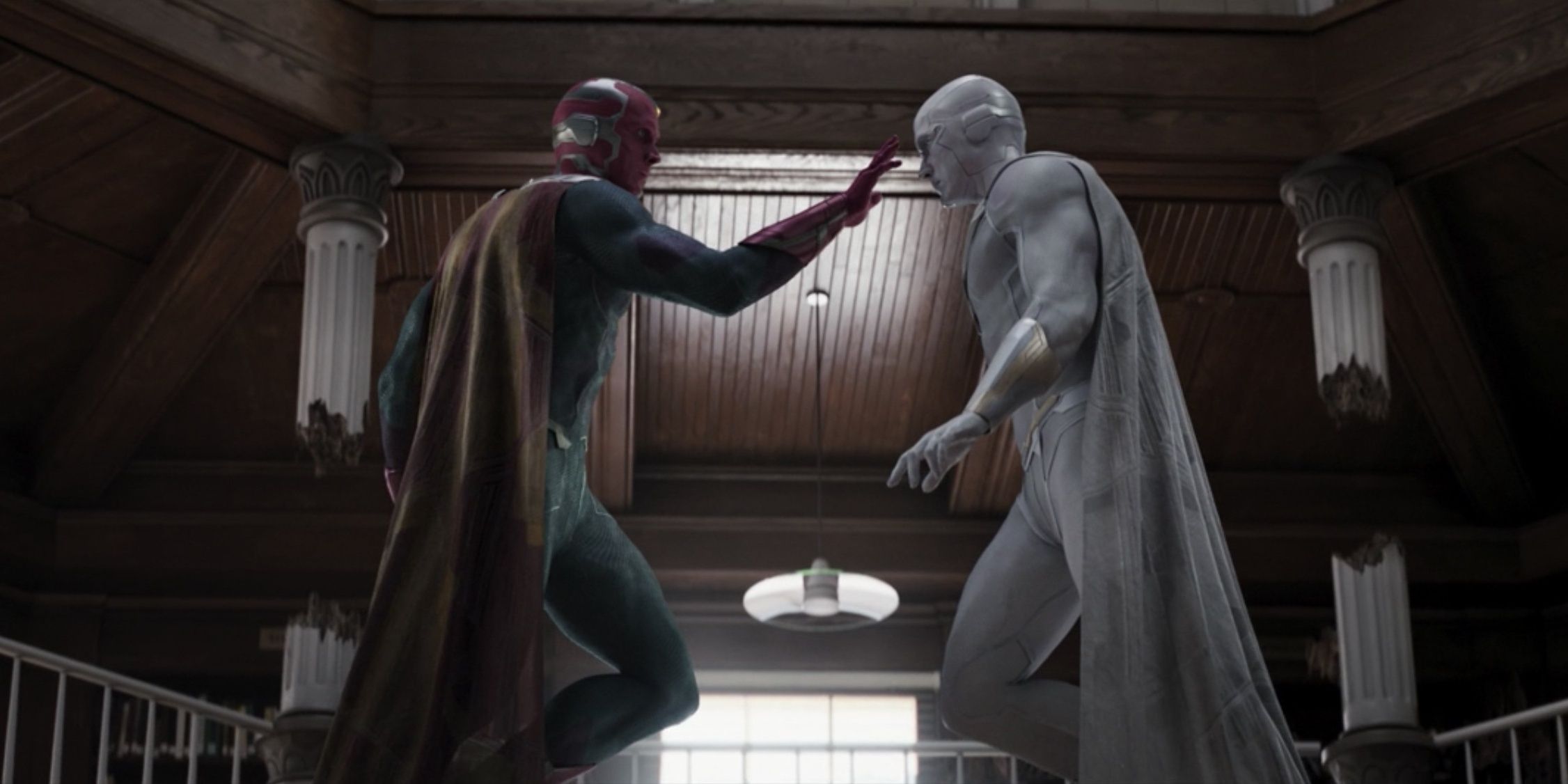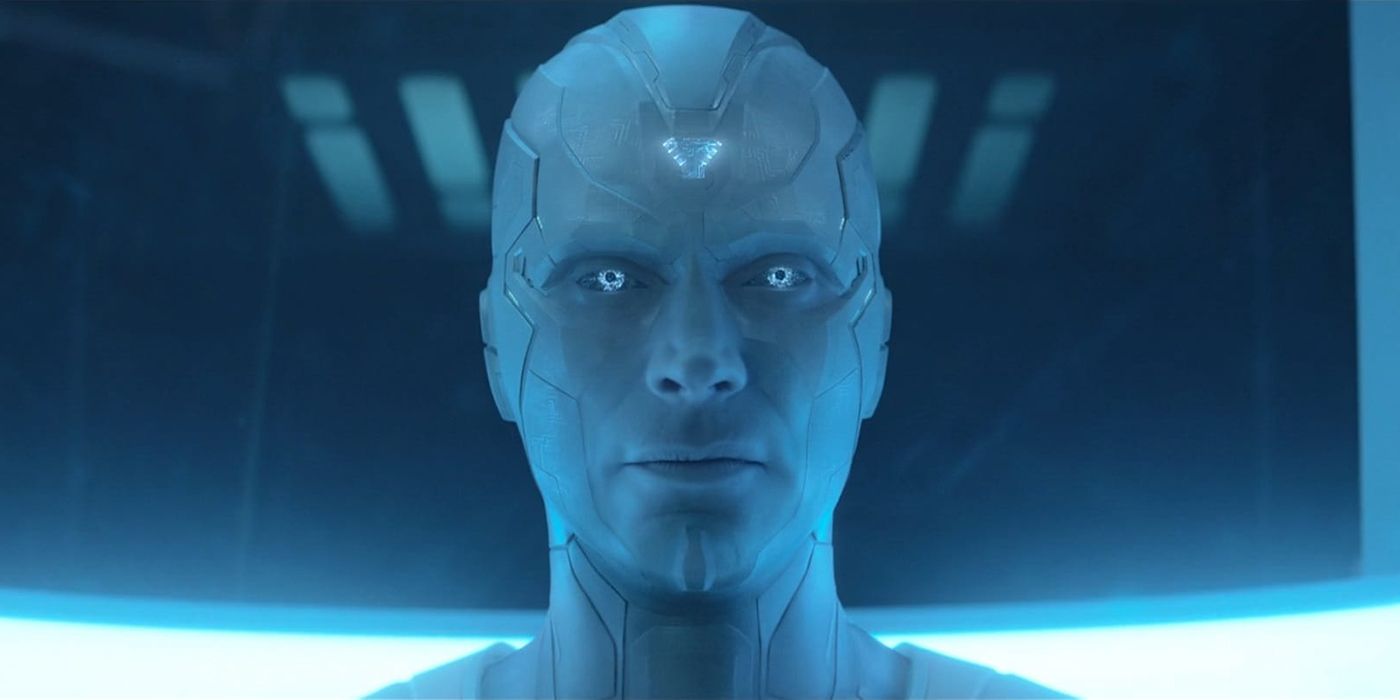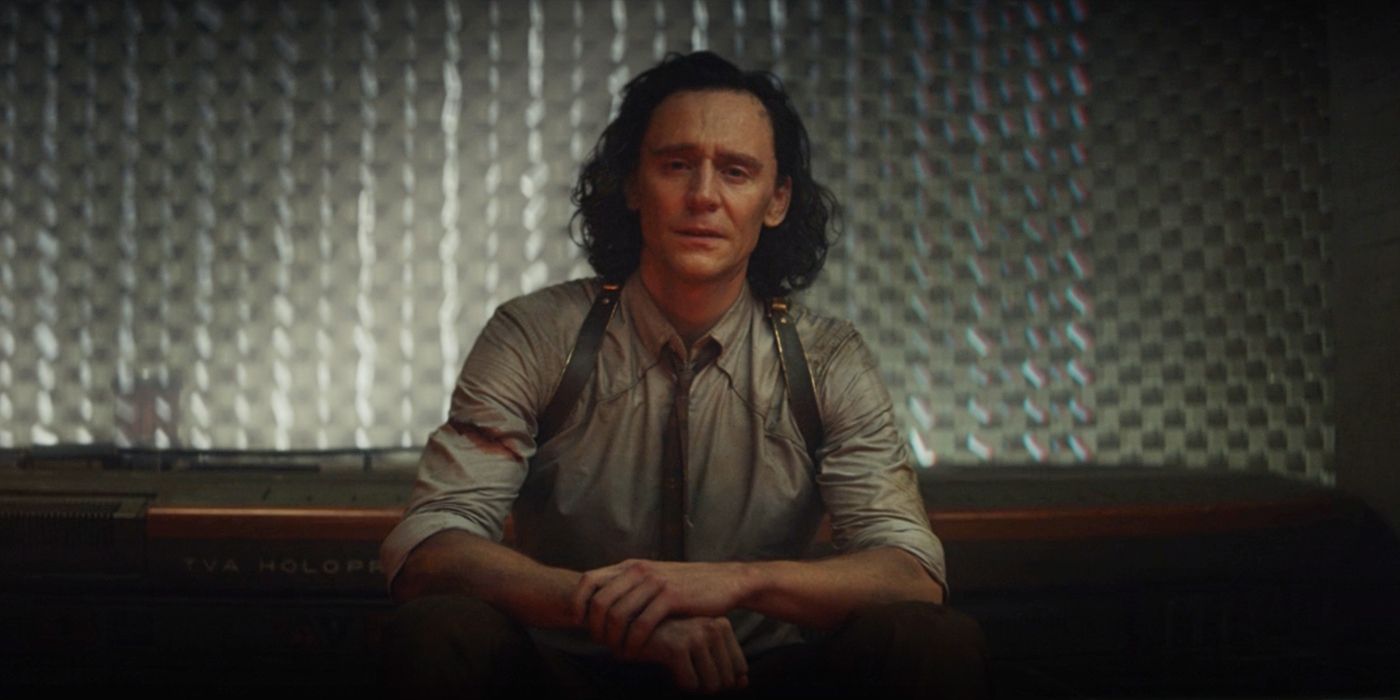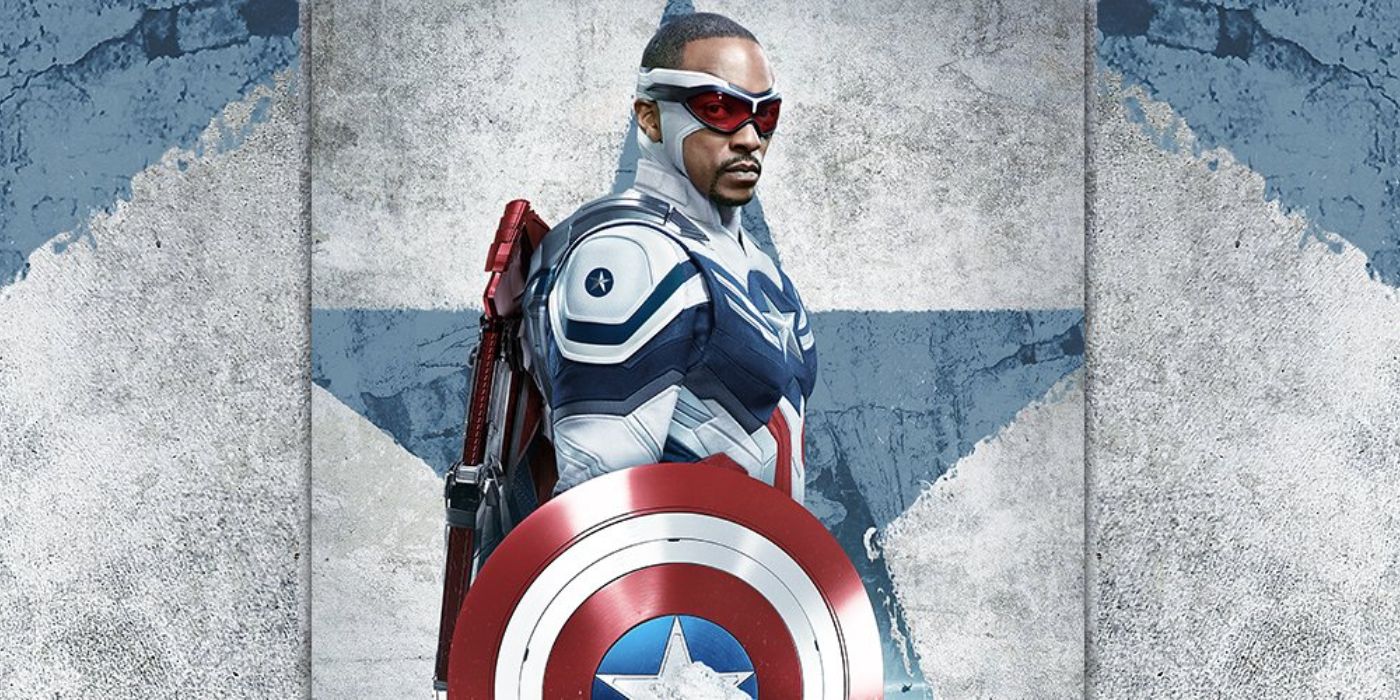Since his debut in Avengers: Age of Ultron, Vision has offered many confusing and oddly perfectly timed anecdotes. While Vision's comments may go over the heads of most, there is always a clear level of accuracy and relatability to the situation at hand. A Reddit theory suggests that one of Vision's final lessons in WandaVision hints toward a crucial development in Phase Four of the MCU.
The Reddit theory proposed by user Thethat Vision's comment in the WandaVision finale regarding the ship of Theseus is a driving force for future Marvel projects. This theory (both the literal theory and Vision's comment) relies on identity (as explored in the other MCU series).
The ship of Theseus, as mentioned in WandaVision, questions the true nature of the ship. If the ship of Theseus is stored in a museum and rotting planks are replaced with new ones, is it still considered the ship of Theseus? If those rotting planks are restored free of rot, as opposed to being entirely replaced, is it still the ship of Theseus? In other words, by removing, replacing, and restoring the pieces of the original, can it still be considered the original?
These questions, as the Reddit theory points out, can be applied to the expanding MCU. WandaVision was the first MCU series to begin streaming on Disney+ followed by The Falcon and the Winter Soldier and Loki respectfully. Each of these series has explored identity and the path these Marvel characters take to get there. With the emotional ending of Endgame, the exploration of these once secondary characters is critical to the development of the MCU going forward.
In WandaVision, Wanda struggles with her identity without those she's come to love and trust as well as her newfound identity as the Scarlet Witch. Vision, unable to remember his previous life, also struggles with who he is. Another character attempting to come to terms with who they are is Monica Rambeau, who comes into powers of her own during the series.
Both The Falcon and the Winter Soldier and Loki expand on this. Sam and Bucky grapple with their own identities as individuals (without Steve) and as a pair. Bucky attempts to rid himself of the Winter Soldier once and for all while Sam grows into his role as Captain America. It takes time for them both, but by the end of the series, both Sam and Bucky seem to have a stronger understanding of who they are and of each other. A noteworthy addition here is Sharon Carter, who is coming into her own as well. Revealing herself as the Power Broker in the finale of The Falcon and the Winter Soldier means that Sharon herself has found a new identity, even if it places her outside of the hero mold.
As The Falcon and the Winter Soldier keenly reminded fans, the Blip caused many people to reevaluate their identities and how they are valued. It was essentially the entire platform of the Flag Smashers (before John Walker prompted a change of plan). While Marvel heroes are grappling with their own understanding of themselves, so are many others in the MCU now that their realities have been flipped on their heads more than once.
In Loki, the titular god of mischief, discovering that he is a variant, grapples with understanding that he is not the only Loki. He must work with a variety of strangers (including eerily familiar variations of himself) in the unfamiliar location of the TVA in order to not only understand himself but also the new reality around him. While the central version of Loki in the series looks and behaves like the Loki from The Avengers, it's important to remember that this technically isn't him. However, this Loki has seen how that Loki died, which can be a shock to anyone's view on reality. Of course, TheMedicoreCritic proposes that these three series that question identity and by extension recall the ship of Theseus philosophy isn't where this trend will end.
The Avengers have been the face of the MCU since 2012. Originally consisting of its six founding members: Iron Man, Captain America, the Hulk, Black Widow, Thor, and Hawkeye, the Avengers have grown considerably since. Now that half of those founding members are gone and at least two of the remaining three seem to be embarking on journeys of their own, what is the defining factor of the Avengers now?
Sam Wilson has taken the mantle of Captain America and is redefining what Captain America looks like. Spider-Man has been suggested to be the next Iron Man and Jane Foster is expected to become Thor in Thor: Love and Thunder. As the ship of Theseus philosophy proposes, if the original components of the Avengers begin to be replaced, can they still be considered (or at least think of themselves as) the Avengers?
Interestingly, these identity crises amongst Marvel heroes began before Vision's Theseus proposition. In Endgame, Thor struggled greatly with his identity. Defeated by Thanos, Thor blamed himself and fell into a deep depression. With Jane's upcoming involvement in Thor: Love and Thunder, it is likely that Thor will continue his newfound identity that doesn't revolve around being King of Asgard (or New Asgard). Similarly, Bruce Banner will have to evaluate who he is with both Bruce and the Hulk coexisting at once.
The upcoming Doctor Strange in the Multiverse of Madness as well as Spider-Man: No Way Home will further challenge the identity of Avenger newcomers. Should Spider-Man interact with other Spider-Man villains (and potentially other Spider-Mans) in the multiverse, what will come of Peter's own identity? As for Doctor Strange, how dangerous will he be in The Multiverse of Madness without his beloved time stone? Further, what does Doctor Strange's identity look like without being the protector of the time stone?
Marvel is known for planting small easter eggs in its projects that return in the future that only its most invested fans will notice. The ship of Theseus remark in WandaVision is only another example of this. While it's unlikely that someone else will give a lecture on this philosophical concept in the MCU, it does not mean that the message is entirely inapplicable. As the calculated post-credit scenes have shown, nothing Marvel does is ever without reason.
Stream all nine episodes of WandaVision on Disney+.

